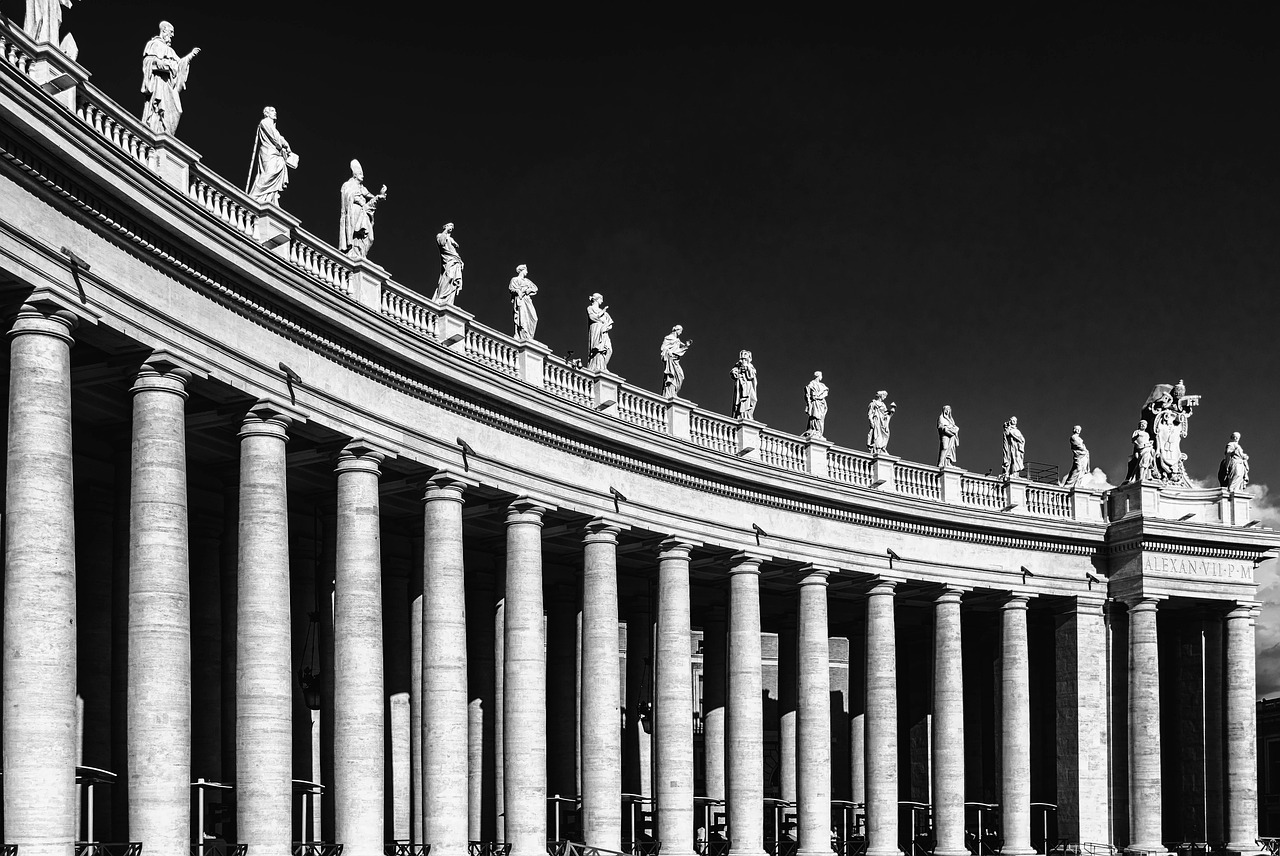Roman Religion: Beliefs and Practices from Ancient Times
Roman religion, often referred to as Roman mythology, encapsulates the beliefs and rituals practiced by the inhabitants of the Italian peninsula from antiquity until the rise of Christianity in the 4th century CE. This epoch is known as Classical antiquity.
Nature and Meaning of Roman Religion
The essence of Roman religious practice, as noted by the well-known orator and statesman Cicero, lies in the Romans’ distinct wisdom: their understanding that all things operate under the guidance of divine forces. However, unlike many other belief systems, Roman religion did not stem from a sense of divine grace but from a foundation of mutual trust (fides) between deities and humans. The primary aim was to gain the favor, cooperation, and “peace” (pax deorum) of the gods. The Romans believed that such divine assistance would empower them to manage the formidable forces of nature and society, alleviating their existential fears (religio) and ensuring successful navigation through life.
Over time, this led to the establishment of a body of rules known as jus divinum or divine law, which outlined specific actions to embrace and others to eschew. Notably, these guidelines were devoid of any significant moral content; they primarily focused on the proper execution of rituals. The core aspect of Roman religion was its emphasis on cultic acts, which were revered almost as sacred traditions.
The meticulousness and conservatism of Roman ceremonial practices were striking, reflecting a careful adherence to tradition wherein traces of ancient belief systems still lingered beneath the surface. This contrasts sharply with Greek religion, where remnants of early beliefs are often buried deep within more evolved theological frameworks. The Greeks, having developed sophisticated understandings of divinity and its relationship with humanity, influenced Roman thought, especially after the Romans began to adopt Greek artistic expressions of their gods, illustrated through mythology.
However, it is essential to recognize that the concept of a robust Roman mythology is somewhat misleading. While archaeological discoveries, particularly in the Etruscan region (the area between the Tiber and Arno rivers), indicate that Italians were not entirely bereft of myths, their mythological narratives remain limited and often impersonal. Much of what is recognized as Roman mythology largely amounts to borrowed narratives—exaggerated tales woven with nationalistic or familial significance influenced by Greek mythology.
Additionally, Roman religion did not possess a formal creed. As long as a Roman citizen carried out the requisite rituals correctly, they were free to hold any personal belief regarding the gods. This lack of a structured belief system led many to regard emotional expressions as unsuitable in religious practice. Despite the apparent antiquity present within Roman ceremonies and doctrines, tracing the evolution of Roman religious practices becomes quite complex. The primary literary sources, such as the writings of Roman scholars Varro and Verrius Flaccus from the 1st century BCE, emerged significantly removed in time from the establishment of early Roman practices. Their accounts were heavily influenced by the integration of Greek methods, making it challenging to paint an accurate picture of the distant past.
To better understand these early Roman religious customs, researchers often rely on surviving religious calendars, inscriptions, and a variety of artistic media. Coins and medallions, among other artifacts, serve as invaluable insight into the religious landscape of ancient Rome.
Early Roman Religion and Societal Developments
Archaeological evidence from Rome’s formation suggests that primitive religious practices were integral to the earliest Roman communities, which likely included groups of Latin and Sabine farmers and shepherds settling in the area around the 1st millennium BCE. By around 620 BCE, these communities consolidated, and by approximately 575 BCE, the Forum Romanum served as their main gathering and commercial hub.
During these formative years, early Romans, in common with other Italic groups, often perceived divine forces at play in everyday functions, from mundane activities like opening doors to significant occurrences such as childbirth. They revered a collection of functional deities associated with both regular human experiences and extraordinary phenomena, often naming these entities meticulously. The notion of “religious atomism” emerged from this practice, leading to an overwhelming array of deities, each linked to specific aspects of life, emphasizing the importance of correct nomenclature in rituals to ensure proper engagement with the divine.
Understanding the name of a deity was believed to secure favor or attention. In scenarios of uncertainty, Romans often prefaced their invocations with the term “unknown” or included phrases designed to encompass any celestial being that might be listening.



